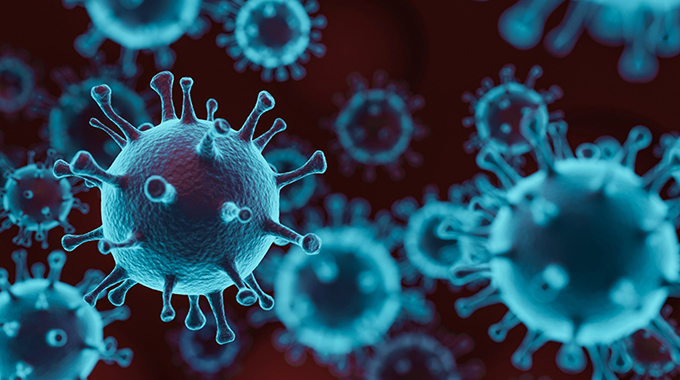
Covid-19 cases are increasing in Zimbabwe. With deaths also at an all-time high, communities should continue taking serious preventative measures.
Below are a few tips from the Centres for Disease Control on various preventative measures.
Prevention
The best way to reduce the chances of contracting SARS-CoV-2 is to prevent transmission. The CDC recommend:
Hand washing: Wash the hands with soap and running water for at least 20 seconds. Or, when running water is unavailable, use a hand sanitizer that contains at least 60 percent alcohol. This is especially important:
- before touching the face, eyes, nose, or mouth
- before preparing and eating food
- after touching used tissues, masks, gloves, or other personal protective equipment
- after leaving a public place
- after using the restroom or handling a used diaper
- after blowing the nose, sneezing, or coughing
- after touching animals
- after caring for someone who is ill or may have been exposed to the virus
Catch coughs and sneezes: Coughing or sneezing into tissues or the inside of the elbow limits how many respiratory droplets enter the air. Dispose of used tissues in designated bins and wash the hands for at least 20 seconds afterward.
Physical distancing: Avoiding close contact with others reduces the risk of exposure to respiratory droplets that may contain SARS-CoV-2. Stay 6 feet, or 2 meters, away from others, especially in public or around people who may be sick.
Increase cleaning and disinfecting: Clean frequently used surfaces and objects with soap and water before thoroughly using a household disinfectant. This includes objects such as:
- doorknobs, handles, and locks
- faucets and sinks
- light switches
- drawer handles
- cell phones and tablets
- keyboards and mouses
- tables and desks
Wear a mask: A person can pass on SARS-CoV-2 even if they do not feel sick. Wearing a mask that covers the mouth and nose while around people from outside the household reduces the chances of this happening.
